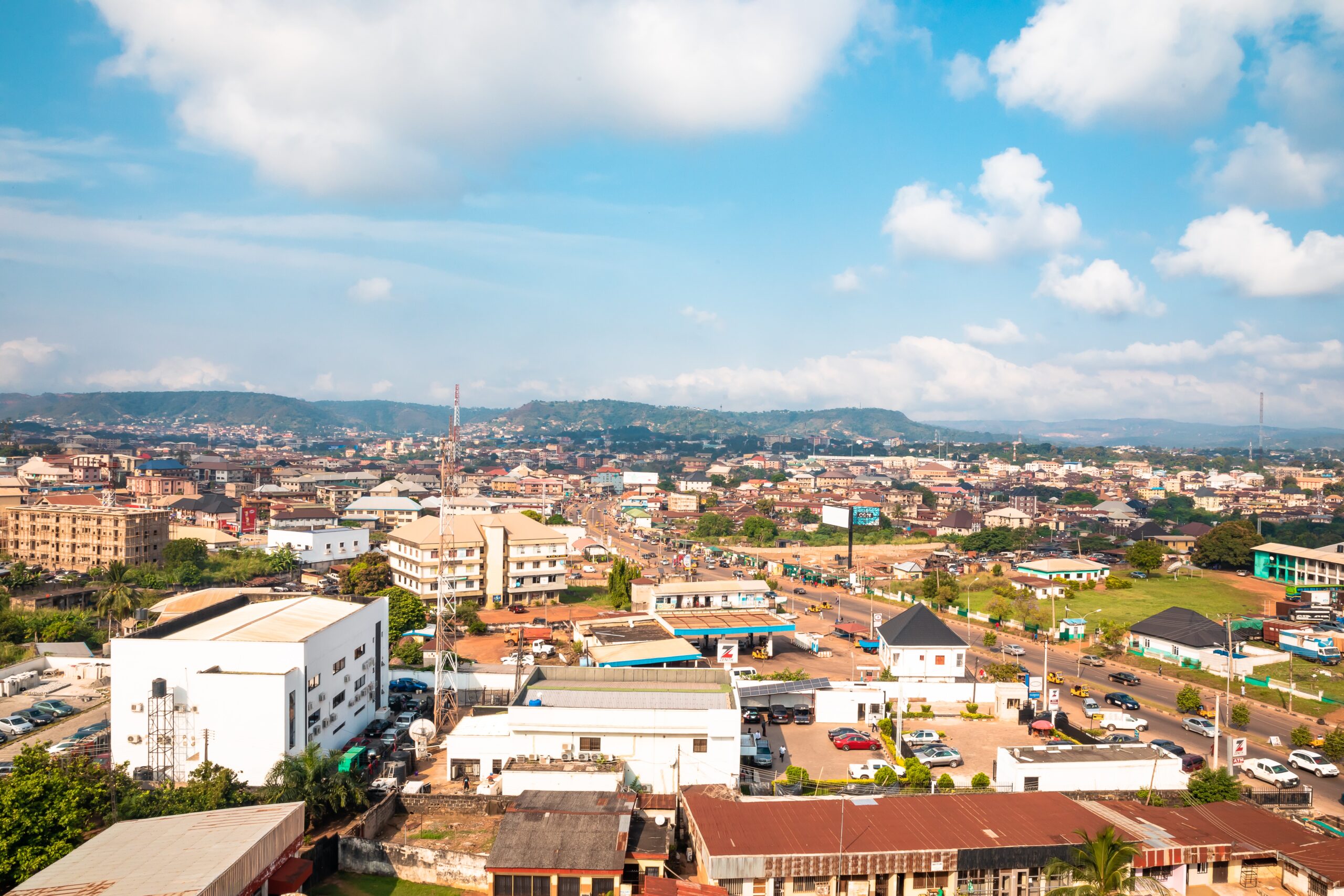Nigeria holds as much as $900 billion worth of dead capital locked up in residential real estate and agricultural land asset, including federal government’s abandoned properties estimated at N230 billion, said PricewaterhouseCoopers (PWC) Nigeria.
Dead capital refers to unregistered property, and is considered lost value because the landholder is unable to transfer or leverage the property to borrow or access capital.
The Nigerian real estate sector is dominated by informal property holdings valued at nearly one trillion dollars. Harnessing the untapped potential could give the economy a major boost.
Travelling from Ikorodu to Ishior in Edo state, you will find so many undeveloped landed assets that can be turned to capital and generate revenue or even used to get a loan.
We have so many landed properties in Nigeria with yet little or no economic value added because the owners of the properties don’t see the need and gains to have their property duly titled. The result of this is a stockpile of dormant assets with very little to offer in terms of economic relevance.
The mere thought of how much value could be added by making use of this dead capital in the Nigerian real estate sector is enough to get anyone’s zeal wound up. Ideally, it should be providing the country with the required capital resources needed to boost growth and create wealth for its 200 million-strong population.
And it can’t come at a better time given that the International Monetary Fund (IMF) recently published that Nigeria’s income per head will decline in the near term as economic growth continues to be outpaced by a faster population rise. Unlocking the potential in dead assets might be the antidote that could reverse the unavoidable lunge for perdition.
Dead capitals are not legally recognized so it makes it easy for the property to not be recorded. Because of this, they can hardly be converted to capital and cannot be exchanged for something profitable outside very niche local circles where people know and trust one another. Also, such properties cannot be used as collateral for a loan or as share against investment.
PwC based their findings on a population figure of 200 million, and 40 million households of which 95 percent have no title on their assets. Taking a cue from that, unlocking USD 900 Bn worth of currently dormant real estate assets will expand the size of the economy from USD 445 Bn (according to IMF) to USD 1,345 Bn! Which is really amazing. And also, as a by-product, such an effort would also fix the country’s debilitating housing shortage of over 23 million units.
Most of the houses in the country have no title or have titles that are debatable. Majority of them cannot be used as collateral when trying to get finance. In effect, billions of capitals are left idling about as such capital remains under-utilized or not utilized at all.
Nigerian financial institutions mostly accept verified real estate before dishing out loans. Because of this, the advantage is only with owners of properties that are well accounted for. And this means that owners of properties whose asset have no title basically have nothing as they can hardly access credit or make their property work for them in some way.
Nigeria’s current Land Use Act of 1978, which is built on ownership rights, has not done much to unify land ownership across all parts of the country. The bulk of property owners, especially in the rural areas, are either oblivious of the law which demands them to have titles on their landed assets. or are just completely indifferent about it.
Unlocking the dead capital in Africa real estate will be a great way to boost the economy of the country with $1.3 trillion which can take Nigeria from zero to almost 100 really quick. Now the good thing is that we have some organizations that have taken it upon themselves to unlock dead capitals in real estate. One of such company is HouseAfrica.
HouseAfrica is on a simple mission: To unlock dead capital trapped in Africa real estate. HouseAfrica is building a blockchain property record system to enable home buyers and also help financial institutions validate properties people provide as collateral before granting any loan.
Sytemap by HouseAfrica is a property virtualizat
ion platform, it is one of the ways HouseAfrica is achieving her mission. Sytemap opens up your Real Estate projects beyond geographic limitations. Allow prospects interact with project site layout virtually, enable fast decision and grow sales better.








